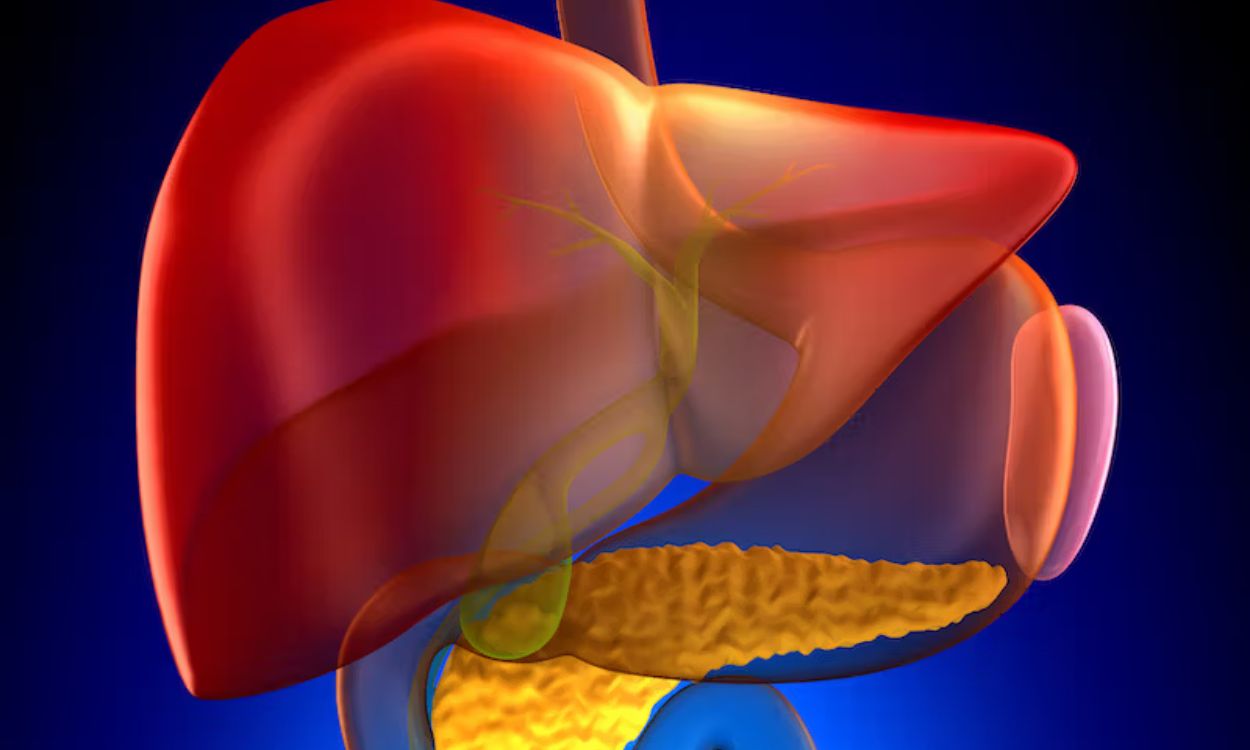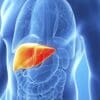Unveiling the Connection: How Fatty Liver Impacts Your Blood Health and How You Can Combat It
Introduction
Ever wondered how a condition affecting your liver might ripple out to influence your entire blood system? It’s a connection not often talked about, but one that holds significant importance for your overall health. Let’s dive into understanding how a fatty liver can indeed affect your hematopoietic system, responsible for blood production and quality.
Understanding Fatty Liver Disease
Fatty liver disease, known as hepatic steatosis, occurs when excess fat builds up in the liver. In India, a growing prevalence is seen due to lifestyle factors such as diet and sedentary habits. This condition is often silent, yet it can lead to severe liver damage over time if not addressed.
The Hematopoietic System and Its Functions
The hematopoietic system encompasses organs and tissues, such as bone marrow, spleen, and lymph nodes, responsible for the production of blood cells. These essential components ensure the delivery of oxygen and nutrients, immune protection, and wound healing throughout the body.
Can Fatty Liver Affect the Hematopoietic System?
Research indicates that fatty liver disease can indeed impact the hematopoietic system. When the liver’s function is compromised, it can disrupt hematopoiesis – the process of blood cell production. Here’s how:
1. Inflammation and Immune Dysfunction: Fatty liver can lead to chronic inflammation, affecting the bone marrow’s ability to produce blood cells efficiently.
2. Iron Metabolism: The liver plays a crucial role in iron storage and metabolism, pivotal for hemoglobin production. Disruption can lead to anemia, a significant hematopoietic challenge.
3. Hormonal Imbalance: Liver dysfunction can alter hormone levels that regulate blood production, further impacting hematopoietic balance.
Scientific Evidence
Studies have shown a correlation between nonalcoholic fatty liver disease (NAFLD) and reduced production of erythropoietin, a hormone crucial for red blood cell production, highlighting the interconnectedness of liver health and blood health.
Addressing the Issue: A Holistic Approach
Addressing fatty liver involves a comprehensive strategy focusing on lifestyle changes, diet, and regular monitoring of liver health markers. This is where the Fitpaa app comes into play.
Why Fitpaa is Your Best Ally
At Fitpaa, we offer a personalized approach to managing and improving your liver and overall health through innovative AI-driven technology. Here’s how Fitpaa can assist you:
1. Metabolism Assessment: Understand your body’s metabolic state and receive tailored advice to reverse fatty liver impacts.
2. Personalized Health Capsule: Get a unique Fitpaa Capsule combining diet, exercise, and behavioral therapy, specifically designed to optimize liver and blood health.
3. Continuous Monitoring and Support: With real-time guidance and expert consultations, Fitpaa ensures you stay on track towards achieving optimal health.
Conclusion
Taking control of your liver health is taking control of your blood health. By understanding the connections between these vital systems, you can make informed decisions to enhance your well-being. Remember, with Fitpaa by your side, you’re not alone in this journey to achieving a healthier, happier you.
Ready to transform your health journey? Download the Fitpaa app today and embark on a path to a healthier liver and robust blood health
This blog not only enlightens readers about the potential impact of fatty liver on the hematopoietic system but also engages them with the promise of a solution through Fitpaa, tailored to the Indian audience’s needs.









